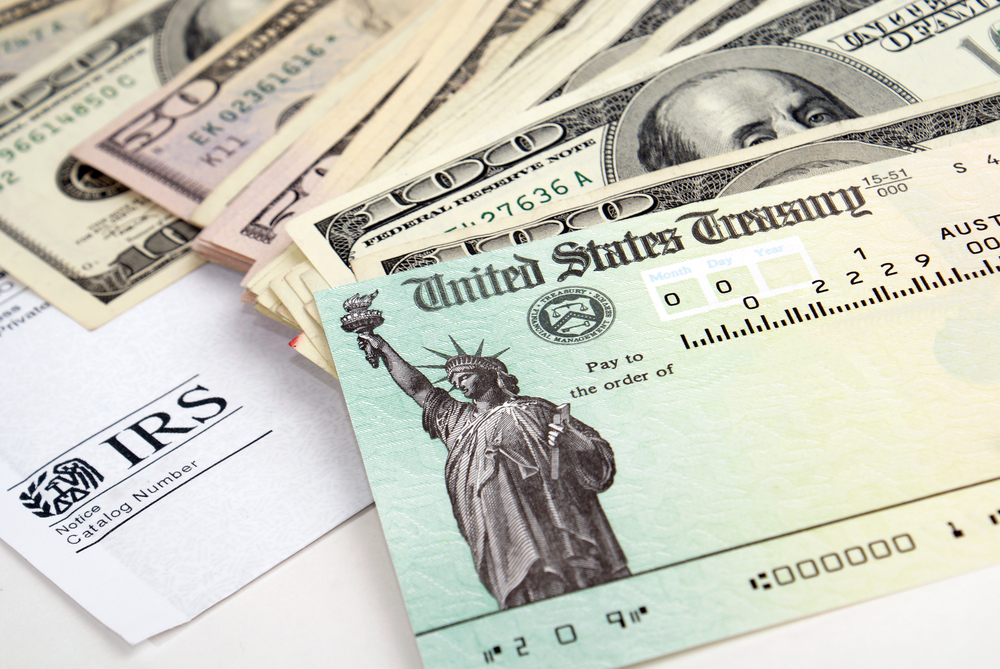The book has finally closed on the Circular 230 rules on contingent fee arrangements. The IRS has decided it won’t appeal a recent court ruling handed down in favor of Ryan, a global tax preparation services firm, that invalidates and permanently enjoins the IRS from prohibiting such arrangements for refund claims and amended returns (G.L. Ridgely, Jr. v. J.J. Lew, Dist. Ct D.C. Civil Action No. 1:12-cv-00565-CRC, 7/16/14).
The dispute centered on updated restrictions imposed by the IRS. Going back to 1994, Circular 230 has prohibited the use of contingent fees in connection with the preparation of original income tax returns. But regulations initially permitted contingent fee arrangements for preparing and filing refund claims and amended returns.
Subsequently, the IRS issued final regulations in 2007 expanding the Circular 230 rules to encompass contingent fee arrangements involving refund claims and amended returns (with certain exceptions). At this time the IRS reiterated the need to promote voluntary compliance by discouraging return positions that could exploit the audit selection process.
For this purpose, a “contingent fee” is generally defined as a fee that is based, in whole or in part, on whether or not a position taken on a tax return or other filing avoids a challenge by the IRS or will be sustained by the IRS or the courts. It also includes any fee based on a percentage of the refund reported on a return, a percentage of the taxes saved or otherwise depends on a specific result.
In a lawsuit filed by Gerald Lee Ridgely, Executive Vice President and Vice Chairman of Ryan, the firm challenged these Circular 230 provisions. It argued that the IRS had overstepped its statutory authority by imposing the additional restrictions under Circular 230. Furthermore, it said that preparing and filing ordinary refund claims doesn’t constitute practice before the IRS because such claims arise before the audit process has begun. Essentially, the plaintiff adopted an approach similar to the one used to strike down continuing education and registration requirements for practitioners by the same district court in D.C. earlier this year (Loving, et al, Dist. Ct. D.C. No. 13-5061, 32/112/14) .
Apparently, these arguments worked again like a charm. The district court ruled that held that IRS lacked statutory authority to promulgate contingent fee restrictions on practitioners preparing and filing ordinary refund claims. It granted the plaintiff a permanent injunction to stop the IRS from forbidding contingent fee arrangements for these purposes.
“This long-fought battle to protect taxpayers and their representatives from the IRS’s efforts to limit their ability to pursue valid claims is finally over,” said Ridgely in a prepared statement. “We are very gratified that taxpayers, and not the IRS, now have the right to determine the fee arrangement between themselves and their representatives.”
Thanks for reading CPA Practice Advisor!
Subscribe Already registered? Log In
Need more information? Read the FAQs
Tags: Income Taxes, IRS





